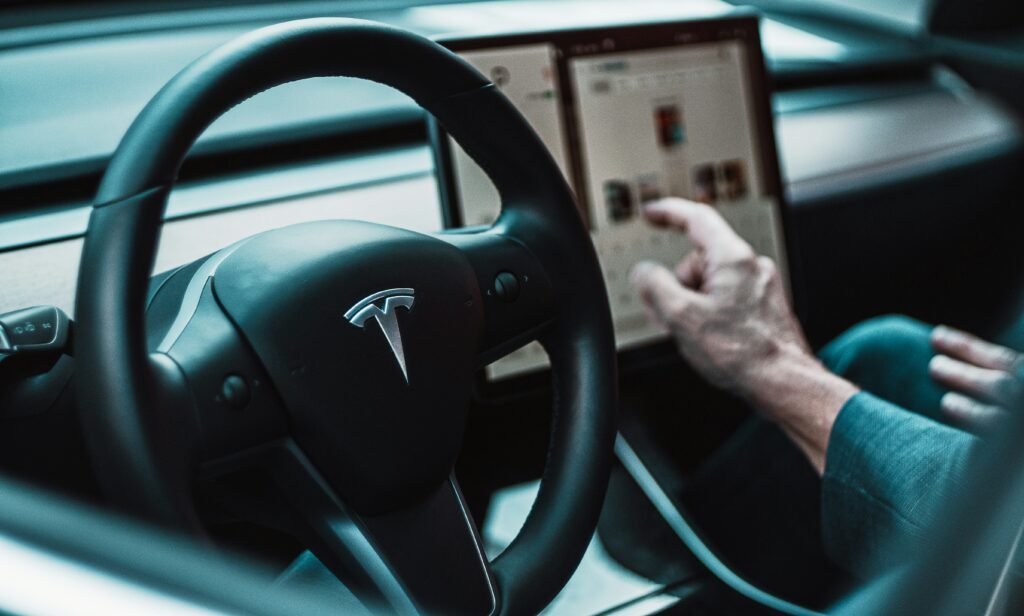Artificial intelligence has become the most important technological battlefield of the 21st century. Whoever controls this technology will dominate strategic sectors such as the economy, defense and scientific innovation. Currently, the United States and China are leading this race, but differences in their regulations could tip the balance in favor of the Asian giant.
Sam Altman, CEO of OpenAI and creator of ChatGPT, has issued a warning to the U.S. government: if copyright restrictions on AI model training are not removed, China will take the lead and become the dominant power in this sector.
⚖️ Why is China advancing faster than the US in artificial intelligence?
Unlike in the U.S., where big tech companies face legal and regulatory battles, Chinese companies have the full backing of their government. In China, AI companies have absolute freedom to access data and train their models without the same limits faced by their U.S. competitors.
According to OpenAI, this regulatory difference could become an insurmountable obstacle for the U.S. if urgent action is not taken.
Copyright: the big stumbling block for AI in the U.S.
One of the biggest challenges facing OpenAI and other companies in the industry is copyright law. Currently, numerous creators have sued these companies for using their protected works without consent to train AI models.
The courts have mostly ruled in favor of the rights owners, jeopardizing the future of AI development in the U.S. To address this issue, the U.S. government will introduce an AI Action Plan in July, which will define whether training models with protected content is fair use or infringement.
According to OpenAI, the training of its models does not replicate original works, but learns patterns, linguistic structures and contextual perspectives to generate new content. The company argues that this process does not erode the commercial value of the works used and instead fosters innovation and technological progress.
OpenAI puts pressure on Trump: “China will take advantage if we don’t act”.
To increase pressure on the U.S. government, OpenAI has used an argument that Donald Trump cannot ignore: national security and competitiveness with China.
“The government can ensure Americans’ freedom to learn from AI and avoid losing our AI leadership to China by preserving the ability of U.S. AI models to learn from copyrighted material,” the company stated.
The message is clear: if the U.S. does not adapt its strategy and allow tech companies access to more data, China will leapfrog and become the undisputed AI superpower.
🚀 What will happen next?
The future of artificial intelligence in the U.S. will largely depend on the new legislation that will be passed in the coming months. If the Trump administration relaxes copyright regulations, companies like OpenAI will be able to move forward unimpeded. If, on the other hand, the current framework is maintained, the U.S. AI industry could be put at a disadvantage vis-à-vis China.
At stake is not just leadership in AI, but the global dominance of the technology for decades to come.



